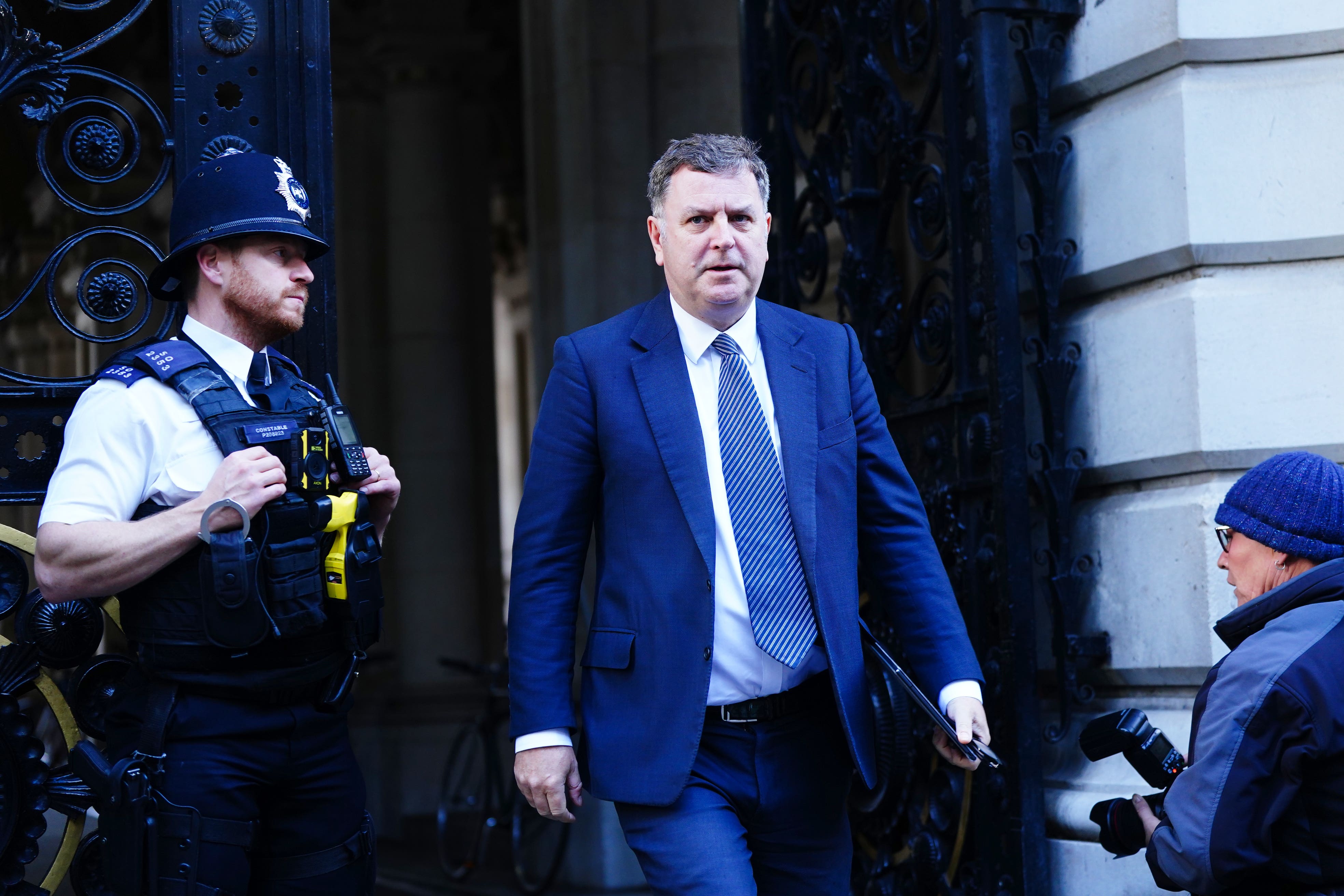Pensions Secretary guarded on whether benefits will rise in line with inflation
Tory MPs were among those applying pressure to the new Secretary of State to make the call ahead of the Chancellor’s autumn statement on November 17.

A decision about whether benefits and pensions will be uprated in line with inflation will not be made until “at least” November 17, the new Work and Pensions Secretary has said.
Mel Stride remained closely guarded as the Commons pressured him to reveal whether pensions and benefits payments will be increased to keep up with the rising costs of fuel and food ahead of the winter.
The UK’s inflation rate reached 10.1% in September, hitting another 40-year high as food prices skyrocketed.
Tory MPs were among those applying pressure to the new Secretary of State to make the call ahead of the Chancellor’s autumn statement on November 17.
We will have to wait some time until at least November 17 to have an answer
Sleaford and North Hykeham MP Dr Caroline Johnson told the Commons: “The Government has done a lot to support people with their cost-of-living challenges, but elderly residents in my constituency are really troubled by reports in the newspapers suggesting that we may not meet our manifesto commitment of keeping pensions up with the triple lock.
“Pensioners face a triple whammy of dwindling savings value due to low interest rates, rising costs due to inflation, and the inability due to their elderly age to go out and earn any more.
“Can the minister please confirm that we will increase pensions in line with inflation?”
Mr Stride replied: “I do admire her persistence on this matter, but I am afraid I will have to give her the same answer as I have on numerous occasion during this question session, that we will have to wait some time until at least November 17 to have an answer.”
Shadow work and pensions secretary Jonathan Ashworth had earlier called on Mr Stride to reassure pensioners about the future of the triple lock, and urged him to commit to maintaining a host of other benefits for the most vulnerable.
He asked: “The Prime Minister tells us we don’t need an general election because the 2019 manifesto gives him and Conservative party a mandate. Given that manifesto committed to the triple lock, why can he not give the reassurance to pensioners that they deserve?
“Can I ask him a second point? Can he give a categorical assurance that in the autumn statement he will rule out means testing personal independence payments, carers’ allowance, attendance allowance, and disability living allowance for children?”
Mr Stride replied: “On a whole host of areas there he is inviting me to break with what has been a very longstanding and quite correct convention that when it comes to a major fiscal event, ministers simply do not provide a running commentary as to what may or may not be in that fiscal event.”
Elsewhere, Labour chairman of the Work and Pensions Committee Sir Stephen Timms raised the alarm about the “shameful” rise in dependence on foodbanks.
He added: “It was up by 46% in August and September on a year previously according to the Trussell Trust and it’s reported in the press today that hospitals are seeing a big rise in malnutrition cases.
“The Family Resources Survey says that food insecurity amongst Universal Credit claimants fell from 43% to 27% after the £20 a week uplift was introduced. Doesn’t all that show how crucial it is that the Prime Minister keeps the promise he made as Chancellor to uprate benefits next April by 10.1%?”
Mr Stride replied: “I’m not going to pre-empt my decision on the uprating of benefits or indeed the triple lock and we will need to wait until at least November 17 when the Chancellor will come to the House with his autumn statement and those details will be known at that point.”
He added: “Any element of food insecurity is too much, I recognise that and that is why this Government and this Prime Minister in particular are absolutely determined to use whatever we have at our disposal to work on those figures and to improve them.”
Bookmark popover
Removed from bookmarks